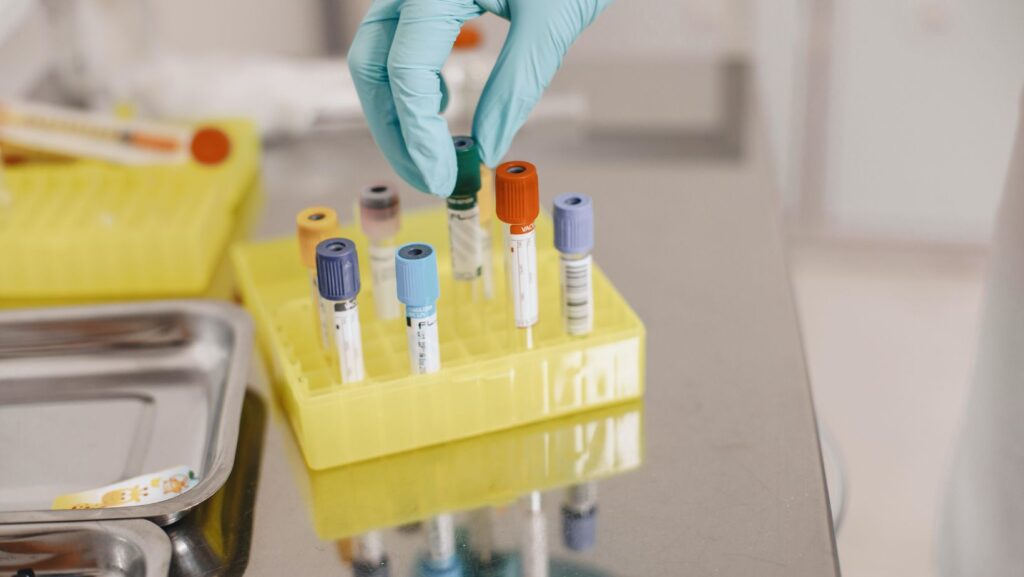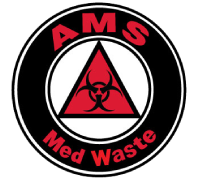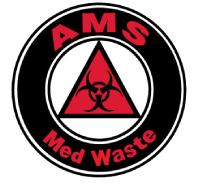
Chemotherapy waste disposal is a critical part of patient safety. With the increasing use of chemotherapy treatments, the amount of medical waste produced by these treatments is also on the rise. Chemotherapy waste can create a severe health risk for patients and healthcare workers if not handled properly. That’s why it’s so important to have a comprehensive chemo waste disposal program in place.
What is Chemotherapy Waste?
Chemotherapy waste is any medical waste that has been contaminated with chemotherapy drugs. This can include anything from used syringes and vials to IV bags and gloves. Any medical waste that has come into contact with chemotherapy drugs must be treated as hazardous waste.
What Is Chemotherapy Waste Disposal
Medical waste is any waste generated during medical treatment or research. This waste can include everything from used syringes and bandages to pharmaceuticals and chemicals. Chemotherapy waste is a type of medical waste that arises from the administration of chemotherapy treatments. It can include empty vials and bags of leftover drugs and contaminated materials. Proper chemotherapy waste disposal is essential for preventing the spread of harmful substances and protecting the environment. There are strict regulations governing chemotherapy waste disposal, which trained professionals must handle.
Why Is Disposing of Chemotherapy Waste Important?
Disposing of chemotherapy waste is essential for two main reasons: patient safety and environmental safety.
Patient Safety
Chemotherapy drugs are potent and can be very dangerous if not handled correctly. If medical waste contaminated with chemotherapy drugs is not disposed of properly, it can pose a severe health risk to patients and healthcare workers. That’s why it’s so important to have a comprehensive chemo waste disposal program in place.
Environmental Safety
Chemotherapy drugs can also harm the environment if not disposed of properly. When medical waste contaminated with chemotherapy drugs is thrown away in regular trash, it can end up in landfills where the chemicals can leach into the ground and contaminate the water supply. That’s why it’s so important to dispose of chemotherapy waste properly.
Benefits Of Chemotherapy Waste Disposal
There are many benefits to having a medical waste disposal program in place, such as:
Reducing the risk of infection: When medical waste is not disposed of properly, it can spread disease, which is a significant concern for patients and healthcare workers. Med waste disposal programs help reduce infection risk by ensuring that all medical waste is disposed of properly.
Improving patient safety: One of the essential benefits of med waste disposal programs is that they help to improve patient safety. When medical waste is not handled correctly, it can pose a severe threat to patients. Medical waste disposal programs help to ensure that all medical waste is disposed of safely and effectively.
Reducing environmental contamination: Improper medical waste disposal can also lead to environmental contamination. When medical waste is thrown away in the regular trash, it can leach harmful chemicals into the ground and contaminate the water supply. Medical waste disposal programs help to reduce environmental contamination by ensuring that all medical waste is disposed of properly.
How do Facilities Manage Chemotherapy Wastes?
There is no one-size-fits-all answer to how facilities should manage chemotherapy wastes. However, facilities can follow a few general guidelines to guarantee all these medical wastes are properly managed.
First, it is essential to identify which wastes are classified as chemotherapy wastes. These wastes can include empty containers, clothing, other materials contaminated with chemotherapy drugs, and anything else that has been in contact with these drugs. Once these wastes have been identified, they should be segregated from other medical wastes.
Next, it is crucial to ensure that these wastes go through the proper disposal process. The disposal process typically means sending them to a medical waste incinerator for destruction. However, some facilities may also have on-site incinerators that can be used for this purpose. In either case, it is essential to follow all applicable laws and regulations when disposing of these dangerous wastes.
AMS Med Waste specializes in disposing of medical waste, and we can assist you with all of your medical waste needs. To find out more about our services, contact us right away. Contact us today to get started!





